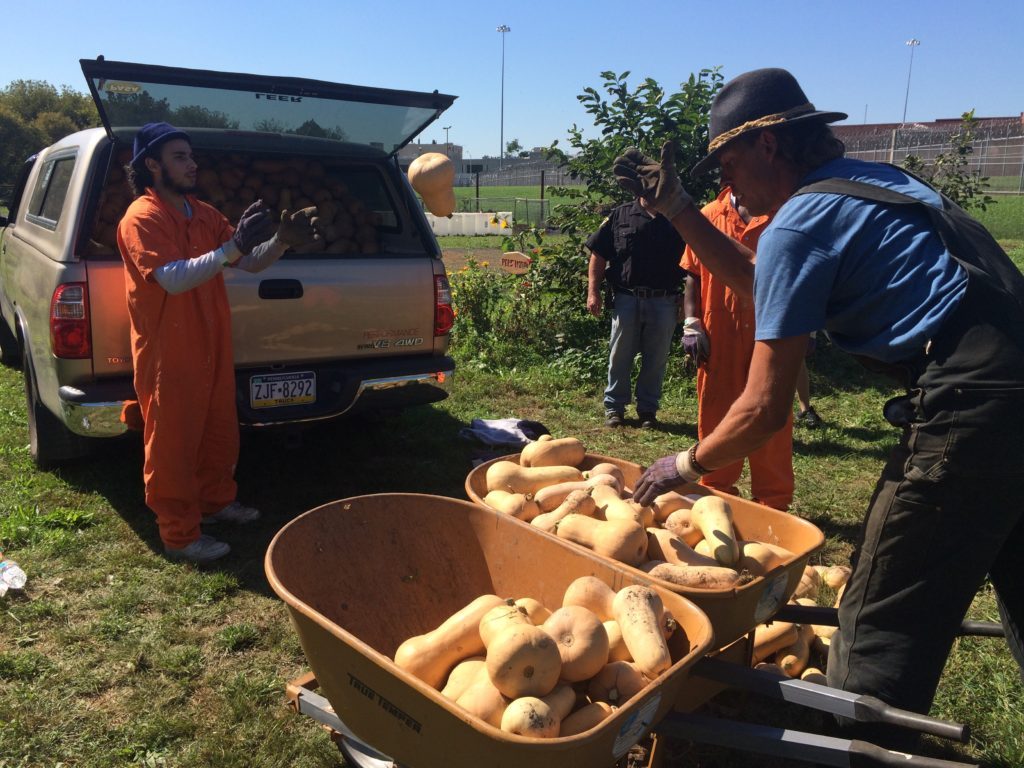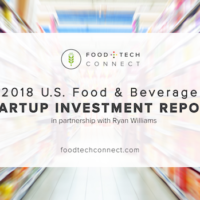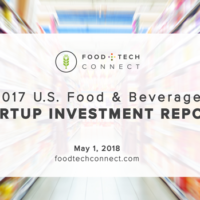Every week we track the business, tech and investment trends in CPG, retail, restaurants, agriculture, cooking and health, so you don’t have to.
Last week’s top story was unsurprisingly in the meal delivery space. Munchery, the San Francisco-based prepared meal startup that’s raised $120M to date, is on the hunt for a new CEO after having trouble raising a new funding round. According to sources, the startup is losing millions of dollars a month, though investors say it is contribution margin positive.
Other major headlines include: an inside look at the sustainable food trends that will shape the future, including regenerative grazing and jackfruit, and how one Canadian farmer is making six figures per acre by growing fast-turning crops on his micro farm.
Check out our weekly round-up of last week’s top food startup, tech and innovation news below or peruse the full newsletter here.
Our newsletter is the absolute easiest way to stay on top of the emerging sector, so sign up for it today and never miss the latest food tech and innovation news and trends, Already signed up? Share the love with your friends and colleagues!
_______________
1. The Next Hot Trends in Food – Wall Street Journal
From moringa and regenerative grazing to clean labels and the proliferation of jackfruit, these are the up-and-coming trends in food innovation.
2. How The Term ‘Clean Meat’ Could Undermine The Alternative Meat Movement – Forbes
Does the Good Food Institute’s emphasis on the ickiness of slaughter with the term ‘clean meat’ belong in a campaign that’s meant to bolster sustainable eating? Villanizing animal meat doesn’t solve our planet’s issues with sustainability.
3. How Meal Kit Maker Chef’d Plans To Get Inside Your Kitchen (And Maybe Already Has) – Fast Company
Unlike its competitors, Chef’d is a fulfillment company that turns anyone’s recipes into a meal kit. It aims to be the grocery store of the future, where recipes serve as ordering slips ad ingredients come in customized portions.
4. Delivering Farm-Fresh Produce, With a Side of Weed – Eater
California farmers are planning to offer America’s first crop of marijuana CSAs, stocked with seasonal produce and freshly harvested pot for medical marijuana users.
5. Money-Losing Meal Delivery Startup Munchery Seeks New CEO – Bloomberg
The meal delivery company is losing millions of dollars per month, though investors say it is contribution margin positive. It’s had trouble raising a new round of funding and hopes a new CEO will help.
6. Philadelphia’s Prison System is Fighting Food Waste and Recidivism with an Organic Farm – Civil Eats
The unique prison program diverts 685 tons of food waste a year into compost and is training inmates to farm without chemicals.
7. J.M. Fortier and the Rise of the High-Profit Micro Farm – Modern Farmer
How one veteran organic vegetable farmer in Quebec makes six figures per acre by focusing on fast-turning crops, and how he hopes to spread and scale micro farming.
8. Why We Need An Internet Of Food – Forbes
How the IoF will enable ag and food to be more traceable, transparent and trustworthy, empowering all of us with more precise and personalized food, diet and health choices.






